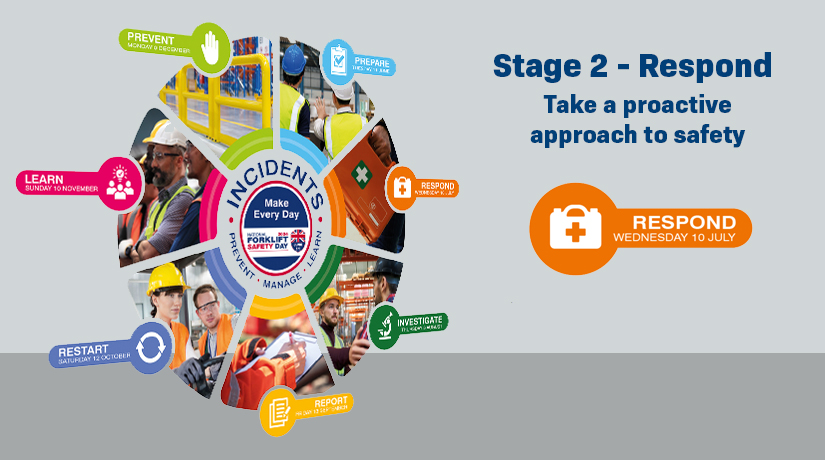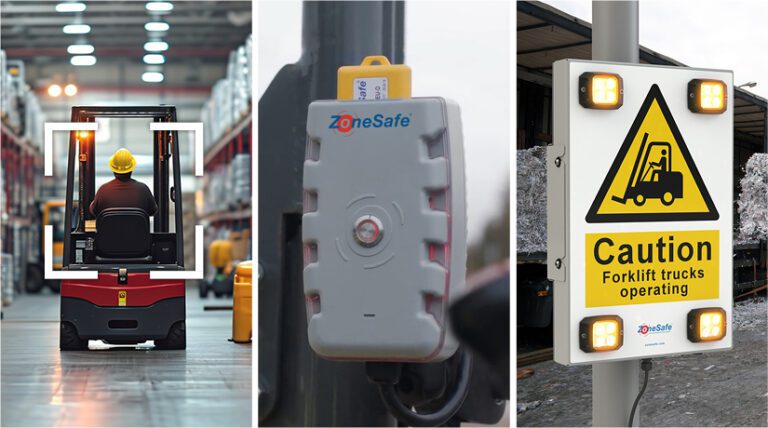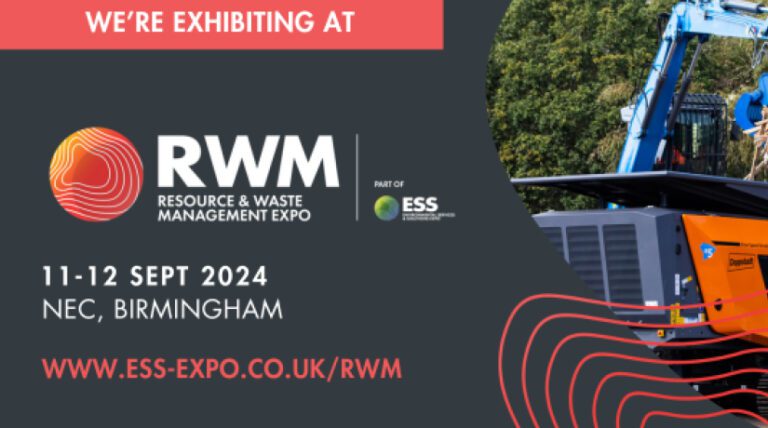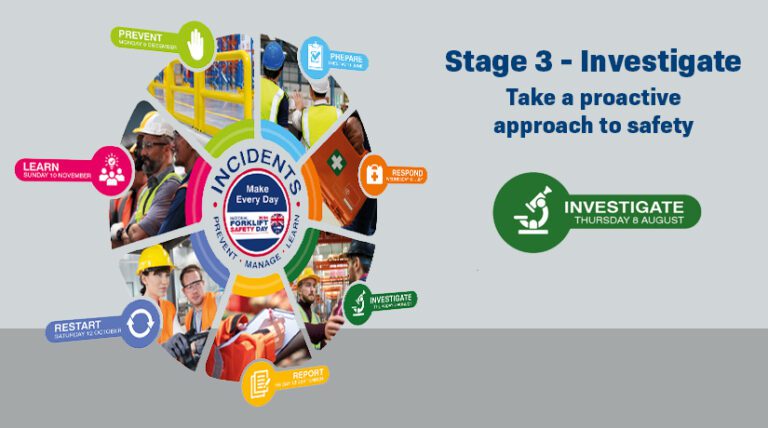The National Forklift Safety Day (NFSD) campaign launched last month under the slogan ‘Prevent – Manage – Learn’. This year’s initiative will explore what actions should be taken before, during and after a forklift incident.
The extended program will focus on the seven stages of the forklift incident cycle. Over a seven-month period from June to December, the strategies for each stage will be highlighted and discussed on specific dates.
Today sees the launch of the second stage of the cycle:
RESPOND
From the first stage of the cycle, Prepare, we know that taking a preventative approach to safety is key and has the power to stop accidents from taking place. However, sometimes accidents happen even in the most prepared workplaces. It’s important to know what to do in the event of an accident to minimise the damage. Thorough training and detailed emergency plans are vital in reducing the impact.
The emergency plan should include:
- A contact list of employees and others who can help
- Responsibility definition
- A list of employees who hold the relevant skills in an emergency
- Directions to the location of first aid equipment
- An evacuation plan
Human nature dictates that the first instinct following an incident is to help others, but it’s important to know that this can actually make things worse if the correct steps are not taken.
The steps that should be followed when an accident takes place are:
- Raise the alarm – The first priority should be to get assistance, alert supervisors and outside assistance or emergency services if required. Timing is critical following an accident. If someone is injured, a trained first aider may be needed. This individual should be known and easily contactable. It may also be necessary to call an ambulance.
- Make the area safe – It’s important to contain the incident as much as possible and ensure no further risk to yourself and others. The area should be cordoned off, and nearby machinery should be switched off. If further risk is present, it may be necessary to evacuate the area.
- Provide first aid – First aid should only be provided by those trained to do so, and you should always protect yourself and others in the process of first aid provision.
- Secure evidence – Evidence is essential to the subsequent investigation. Preserving the scene and leaving the investigation to the experts is crucial. Ensure no evidence is accidentally damaged or destroyed, and remove non-essential people from the accident site. It is also worth collecting supporting paperwork such as sign-in records for the day, training records and any other official paperwork, as this will no doubt be examined as part of the investigation.
- Keep a record – Capture as much evidence and information as possible. The account of the incident should be recorded as soon as possible following the accident. Write or take an audio recording and take plenty of pictures of the scene. Check CCTV and ensure this is made available to the investigators.
- Do not speculate – Don’t share impressions or thoughts about the incident, as this may impact the investigation. A list of witnesses is useful as this will provide a broader view of what happened on the day.
- Contact the Police, HSE or local authority if required. You should also contact insurance and solicitors to seek further advice.
- Provide emotional support to all involved – Accidents are, of course, upsetting and can result in life-changing consequences, so this part of the response can never be underestimated.
RESPOND with ZoneSafe
Investment in ZoneSafe is a proactive measure in accident prevention. By alerting drivers and pedestrians to risk, incidents are stopped before they become an accident. Prevention is always better than cure, so taking preventative measures like this will make workplaces safer.
In the unlikely event of an accident, ZoneSafe’s data management feature helps companies respond by providing vital information that helps to pinpoint incident causes and to ensure training and future safety measures are tailored to meet specific known hazards.
Contact ZoneSafe to discuss your forklift safety concerns




